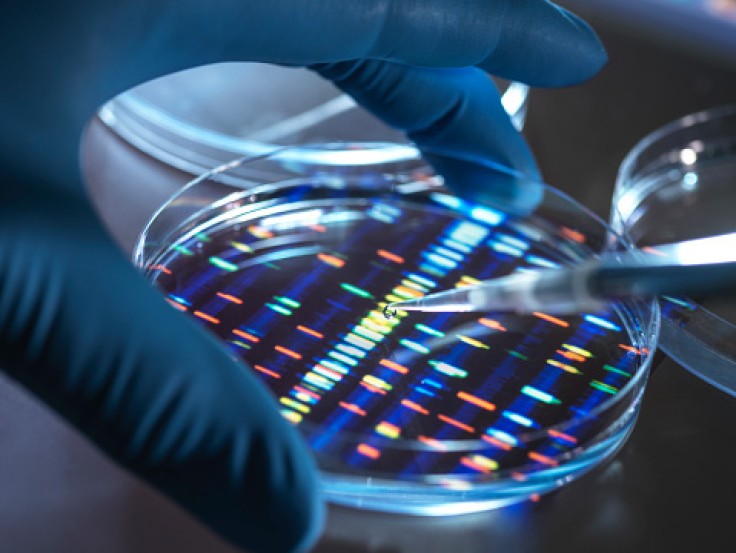As we've seen through movies, shows, and documentaries, forensics requires a thorough search of an undisturbed area to acquire biological data from a person or an animal. However, recent findings show that both can be easily found in natural environments, which raises both positive and negative implications.

Biological DNA in Our Surroundings
Scientists are now able to extract human DNA from various places through the air you've breathed in a room or footprints you've left on the sand. All this is made possible through a person's skin, spit, sweat, blood, and other sources of personal DNA.
Researchers from the University of Florida were studying environmental DNA in the sand to obtain information about endangered animals, only to discover that they could also extract human DNA which was good enough to determine mutations and even ancestry.
These procedures have long been performed to track or study animals. Since humans can sometimes be present in the studied locations, it may not be helped if human DNA can be picked up, which may raise concerns about privacy,
Then again, as mentioned in CNN, it is inevitable for a person to leave their DNA through skin, hair, or breath, according to Matthias Wienrith, a senior fellow studying social and ethical aspects of genetics in forensics at the University of Northumbria in the UK.
Wienrith also stated that it is important to "preserve human autonomy, dignity, and the right to self-determination over personal data," making the situation a bit more complicated since there's no way to determine whose DNA can be collected to ask for permission.
The human eDNA findings may end up in databases that can be matched with user data in other databases, which poses the risk of breaching confidentiality and undermining consent. Then again, it could also lead to discoveries that may provide us with knowledge from the past.
University of Florida's Whitney Laboratory for Marine Bioscience and Sea Turtle Hospital has a team that was able to lift human DNA from the sand, ocean, and rivers as well, calling the discoveries "human genetic bycatch," which that have been delving into more.
What Acquiring DNA Could Mean
David Duffy, a professor of wildlife disease genomics at the University of Florida said that personal, ancestral, and health-related data are freely available in the environment. Aside from the risk of a breach of confidentiality, it can actually be used to study human history as well.
Scientists were able to identify genetic variants relating to European and Latino populations, as well as variations that show a range of disorders and diseases such as autism, diabetes, cancer, and more, which could contribute to the study of disease and disorder patterns.
While the samples were only picked up as scientists were studying animal DNA, the human genetic bycatch signifies the possibility of learning more about humans that can help understand human health better.
As mentioned in Frontiers, our DNA not only contains biological information of recent times but of the ancient past as well before records even existed. Human DNA could also hold answers to historical questions about civilization, migrations, evolution, and more.









